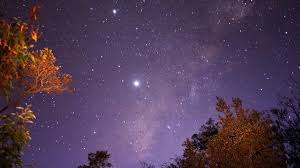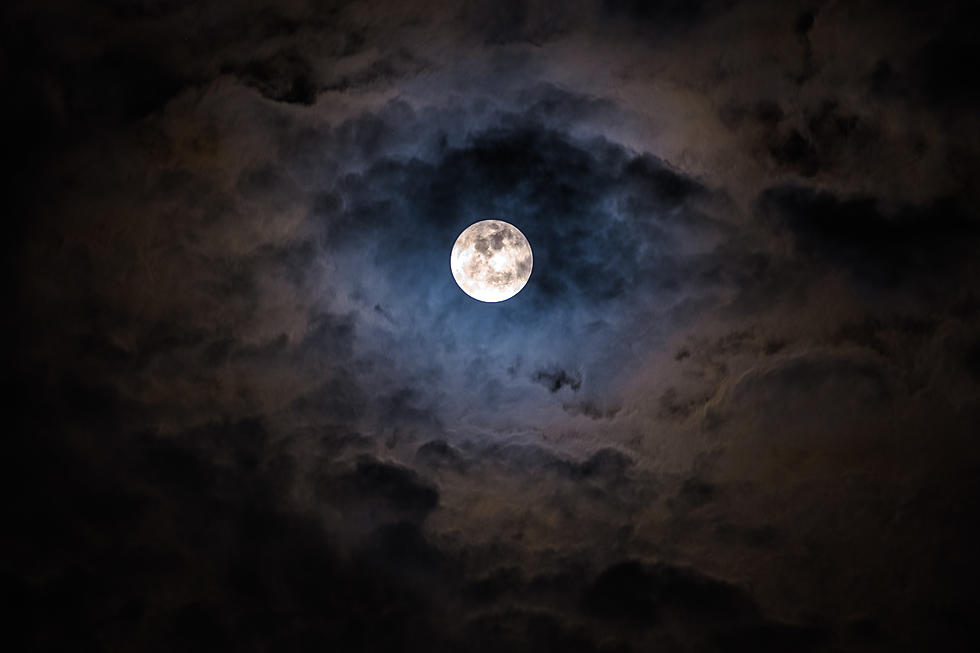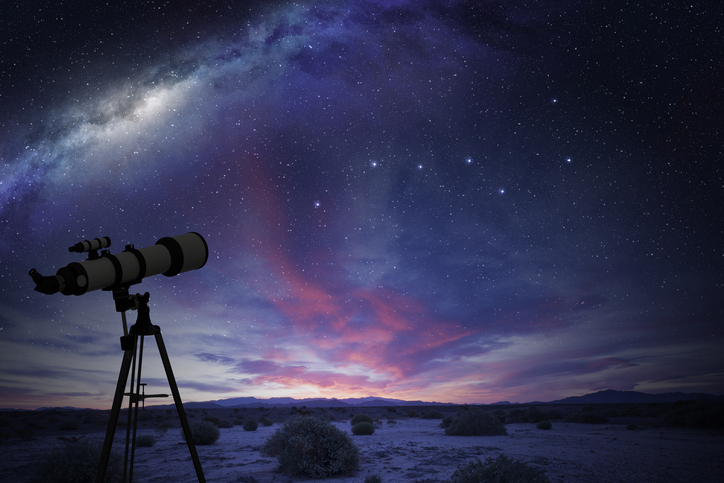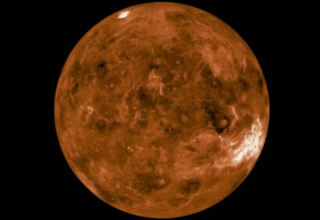March 2021-“With astronomical spring right around the corner, the clock is ticking to see some of the wintertime constellations before they temporarily vanish from the night sky.“

The following written content by Brian Lada, AccuWeather meteorologist and staff writer
March signals a change in the weather as the seasons shift from winter to spring, and as the seasons turn, the duration of the night will soon be shorter than the length of daylight, putting a shorter limit on the amount of time that people can spend under the stars.
Since the nights are getting shorter, temperatures are slowly but surely on the rise, leading to more comfortable conditions for stargazing when compared to the long and frigid nights of winter.
With astronomical spring right around the corner, the clock is ticking to see some of the wintertime constellations before they temporarily vanish from the night sky. Celestial objects such as the Pleiades Star Cluster, the constellation Orion and Sirius, the brightest star in the sky, will soon leave the evening sky and won’t be seen again until the early mornings of autumn.
Here are the top three astronomy events to look for in March:
1. Jupiter-Mercury Conjunction
When: March 5

The biggest and smallest planets in the solar system will appear side-by-side in the early-morning sky during the first days of March in an astronomical event known as a conjunction.
About an hour before daybreak on Friday, March 5, Mercury and Jupiter will appear extremely close in the southeastern sky. Jupiter will be the brighter of the two on the right, and Mercury will be much fainter on the left.
This will be a good opportunity to spot the elusive Mercury as it is the hardest planet to spot that is able to be seen with the unaided eye.
If cloudy weather wins out on Friday morning, skywatchers can look to the southeastern sky over the weekend to see the two planets, as well as Saturn, before sunrise. However, Mercury and Jupiter will not be quite as close to each other as they will appear on the first Friday of the month.
Jupiter and Mercury will not appear this close together again until March 21, 2022.
2. March Equinox
When: March 20, 5:37 a.m. EDT

Days will outlast the nights north of the equator following the March equinox, the astronomical event that signals the changing of the seasons.
At 5:37 a.m. EDT, the Northern Hemisphere will officially transition from winter to spring while the Southern Hemisphere shifts from summer to autumn.
On the day of the equinox, the sun’s rays are most direct over the equator, resulting in nearly 12 hours of daylight and 12 hours of darkness for the entire globe.
While it may be just folklore that the equinox is the only day that you can balance an egg on its end, one surprising fact about the astronomical event is that it features the fastest sunrises and sunsets of the entire year, according to EarthSky. This is true for both the Northern Hemisphere and the Southern Hemisphere.

Balloons fly over the Pyramid of the Sun in Teotihuacan, Mexico, on the Spring equinox at sunrise, Thursday, March 21, 2019. (AP Photo/Marco Ugarte)
The days will continue to grow longer in the Northern Hemisphere until June 20, the date of the solstice that marks the official start to astronomical summer. Meanwhile, those south of the equator will experience the longest nights of the year as the June solstice is the official start to astronomical winter.
3. Full “Worm” Moon
When: March 28

March is said to come in like a lion and go out like a lamb, but in 2021, March will go out with a full moon.
The final weekend of the month will feature the Full Worm Moon, an odd nickname that has origins in the month’s typical weather across North America. Read more from AccuWeather.
Subscribe here
Advertisement






